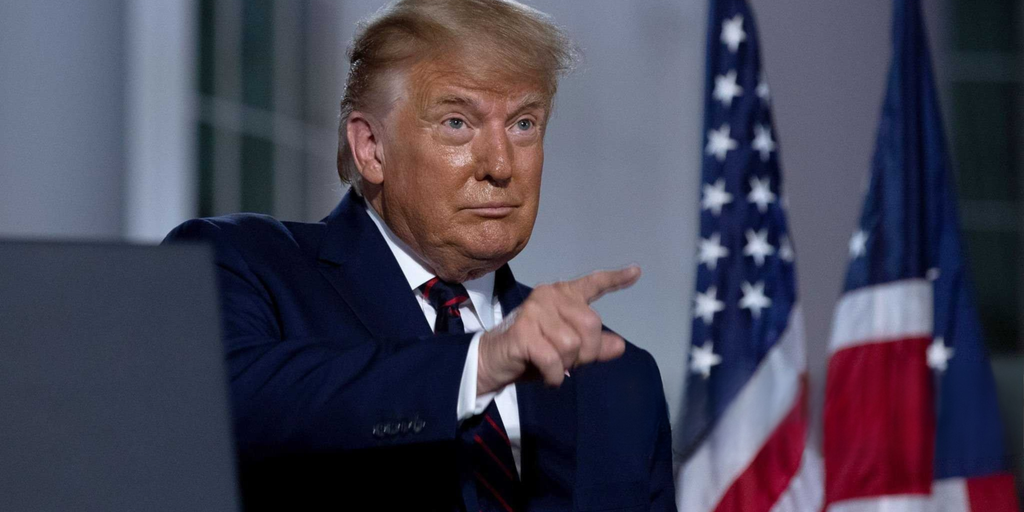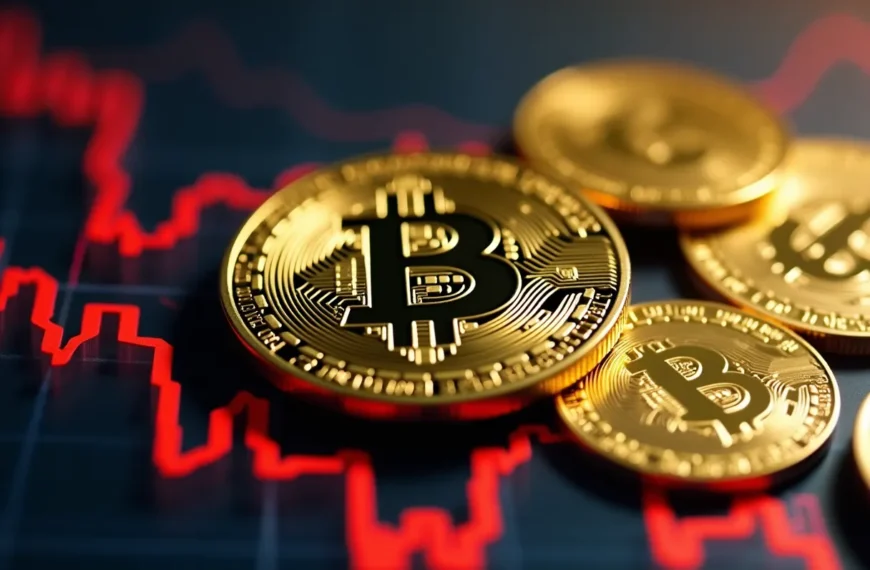Understanding the Rising Fears of a US Recession
The economic landscape is ever-changing, and in recent months, concerns regarding a potential recession in the United States have escalated. This surge in anxiety has been fueled by various factors, notably the ongoing effects of tariffs implemented during the Trump administration. As prediction markets reflect growing fears, it’s essential to delve into the contributing elements and their potential implications for the economy.
The Impact of Tariffs on the Economy
Tariffs, which are taxes imposed on imported goods, were a hallmark of the Trump administration’s trade policy. While the intention was to protect American industries and jobs, the reality has been more complex. The tariffs have had a ripple effect on multiple sectors of the economy, leading to increased prices for consumers and businesses alike.
Inflationary Pressures
One of the most significant consequences of these tariffs has been inflation. By raising the cost of imported goods, tariffs contribute to overall price increases in the economy. This inflationary pressure has been a concern for many, as it erodes purchasing power and can lead to a slowdown in consumer spending. Key points to consider include:
Supply Chain Disruptions
Tariffs have also disrupted established supply chains. Companies that relied on imported materials found themselves scrambling to adjust, which has further exacerbated economic uncertainty. Notable effects include:
Prediction Markets and Economic Forecasting
As the fear of a recession mounts, prediction markets have become a focal point for gauging economic sentiment. These markets allow individuals to buy and sell shares based on their expectations of future events, including economic downturns.
What are Prediction Markets?
Prediction markets operate on the principle that collective intelligence can provide valuable insights into future events. Participants wager on the likelihood of various outcomes, effectively creating a market-driven forecast.
Current Trends in Prediction Markets
Recent trends in prediction markets have shown an uptick in bets on a potential recession. Investors are increasingly pricing in the likelihood of an economic downturn, reflecting widespread concern over the ongoing implications of tariffs and other economic factors.
The Broader Economic Context
While tariffs and prediction markets play a significant role in the current economic discussion, they are not the only factors at play. Other elements contributing to recession fears include:
Potential Implications of a Recession
If recession fears become a reality, the implications could be profound. The following are potential outcomes that could arise from an economic downturn:
Job Losses and Unemployment
One of the most immediate effects of a recession is a rise in unemployment. Companies may resort to layoffs to cut costs, leading to a domino effect on consumer spending:
Market Reactions
Financial markets typically respond negatively to recession fears, leading to decreased stock prices and investor confidence. Key points include:
Conclusion
As the likelihood of a US recession rises amid prediction markets and the lingering effects of Trump-era tariffs, it is crucial for businesses and individuals to remain vigilant. Understanding the interconnectedness of tariffs, inflation, and consumer sentiment can help navigate the uncertain economic landscape ahead.
In these challenging times, staying informed and prepared is essential for adapting to potential economic changes. Whether through adjusting business strategies or personal finances, proactive measures can help mitigate the impacts of a recession should it occur.






